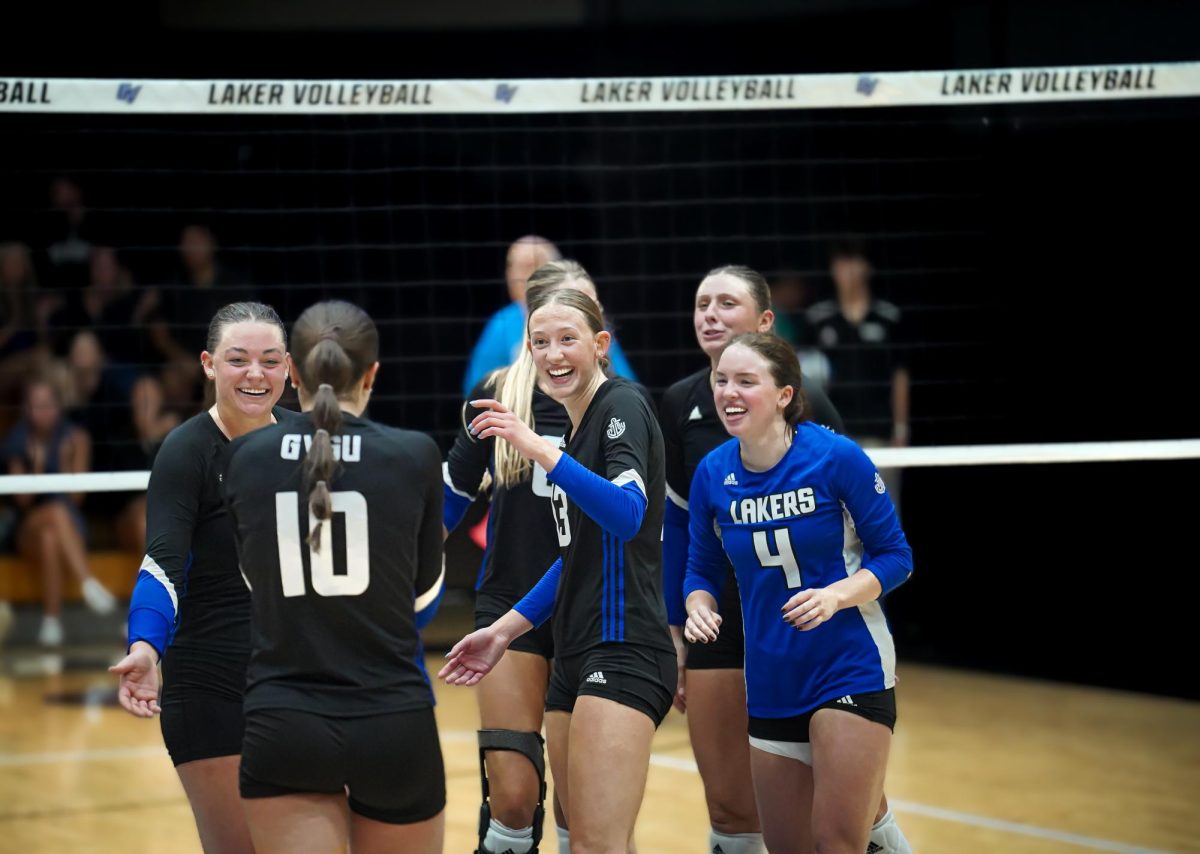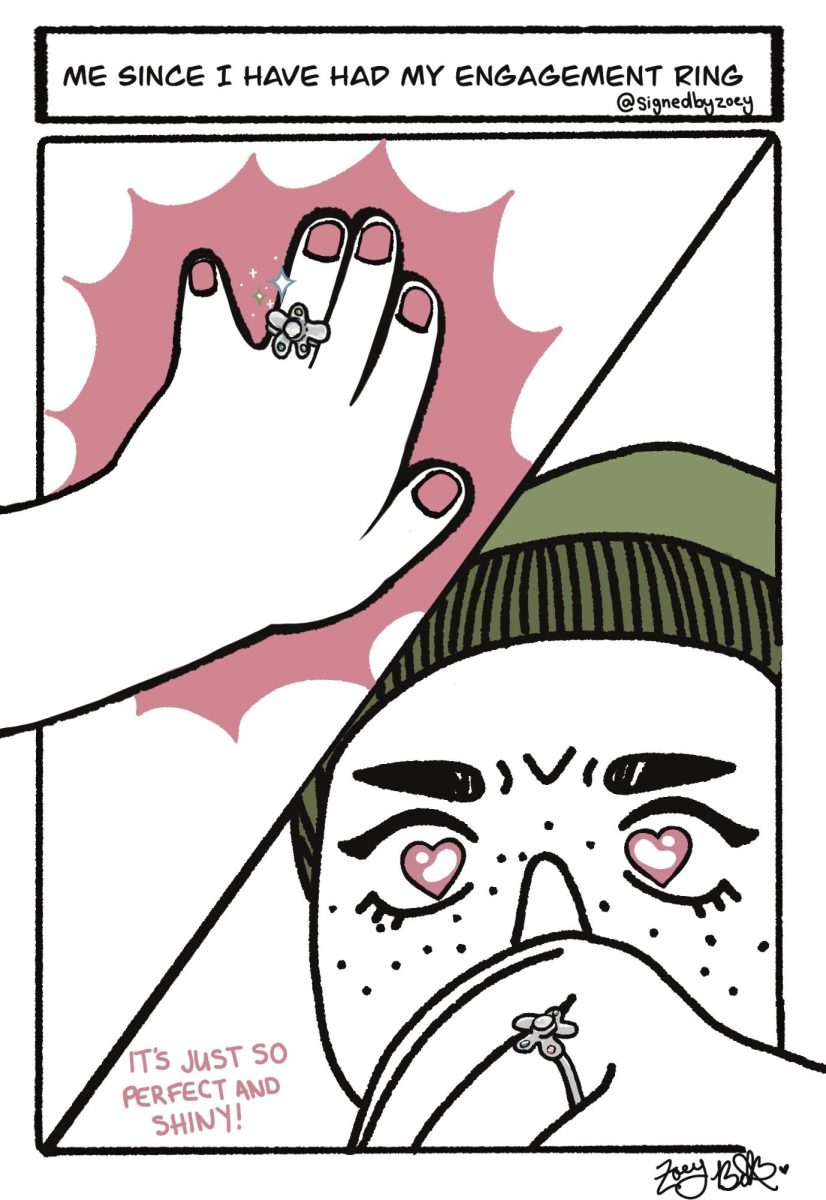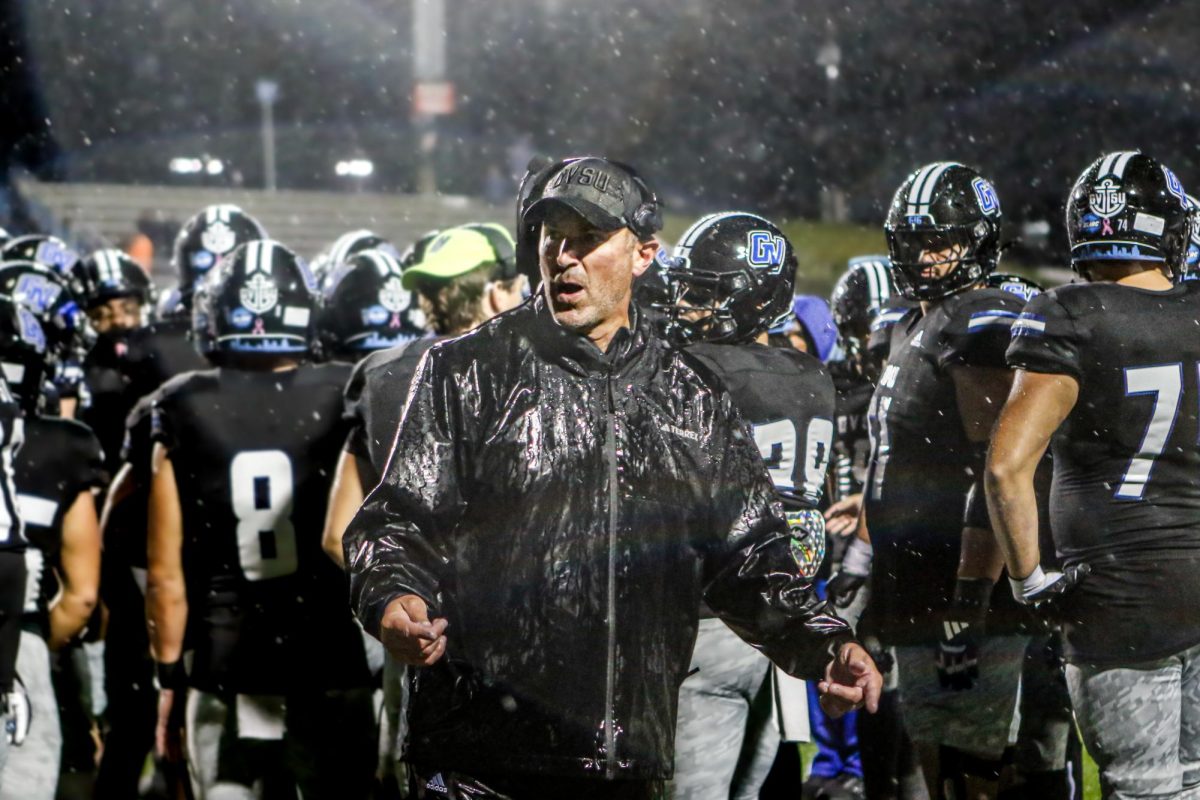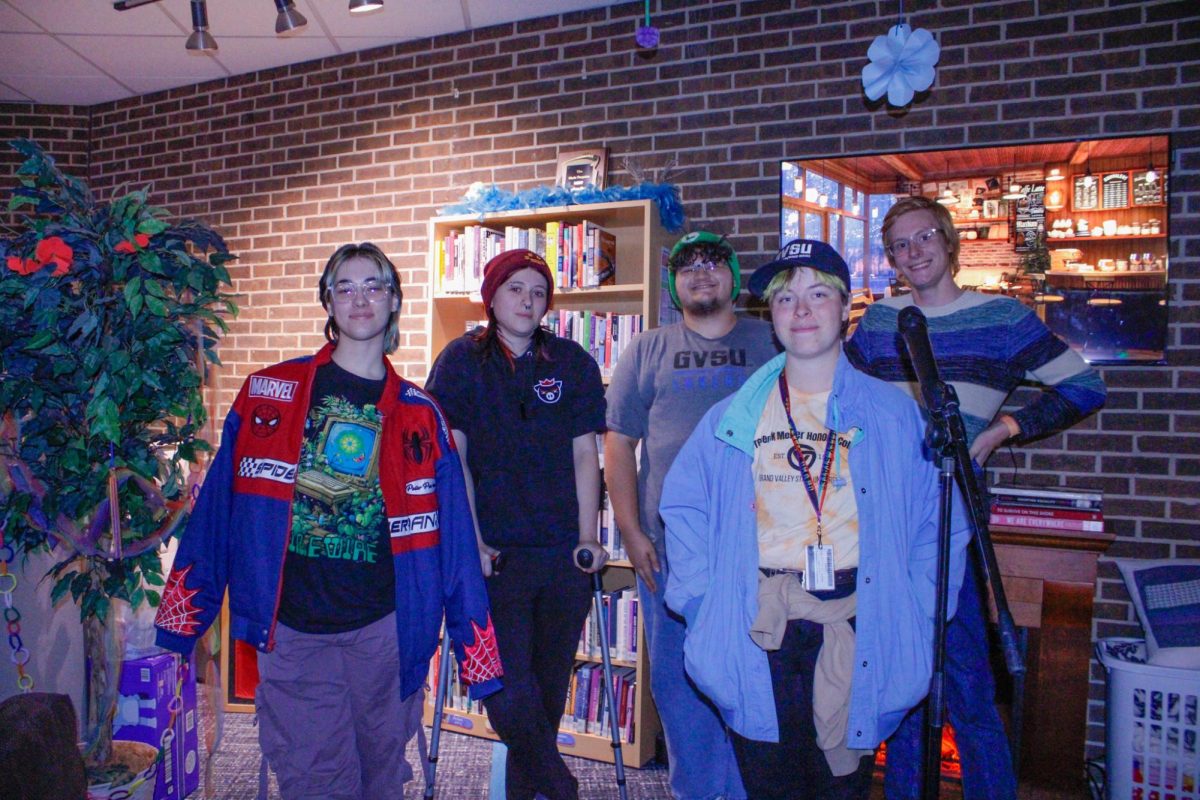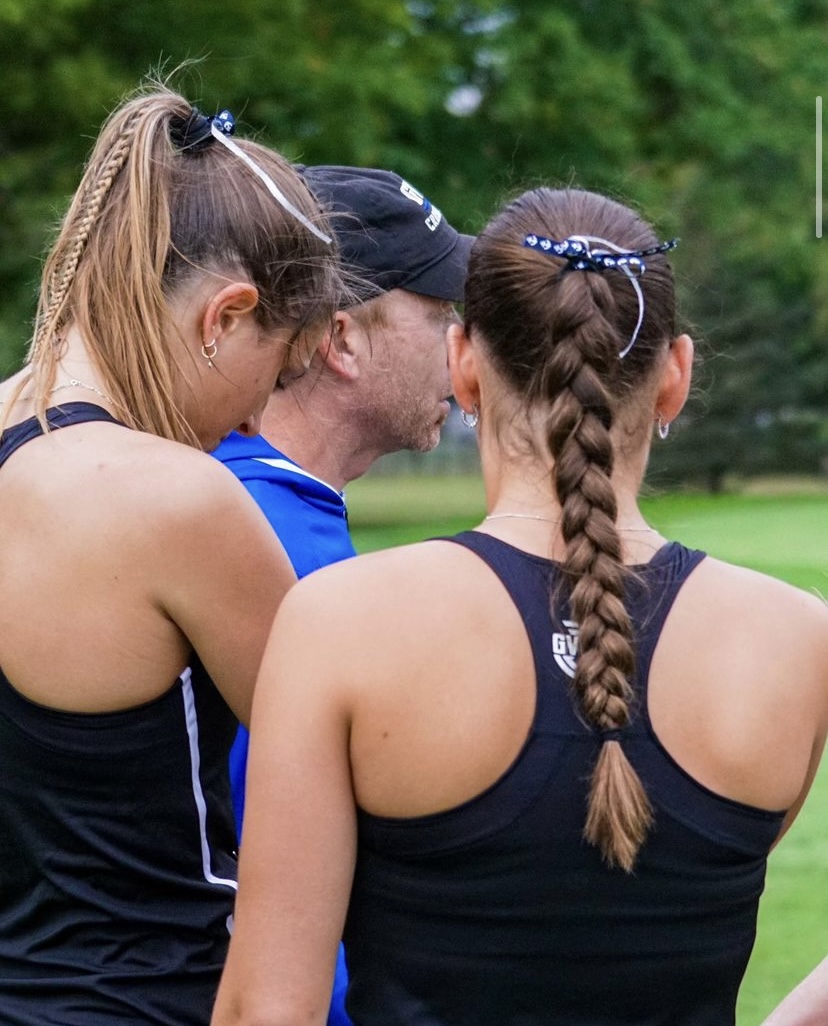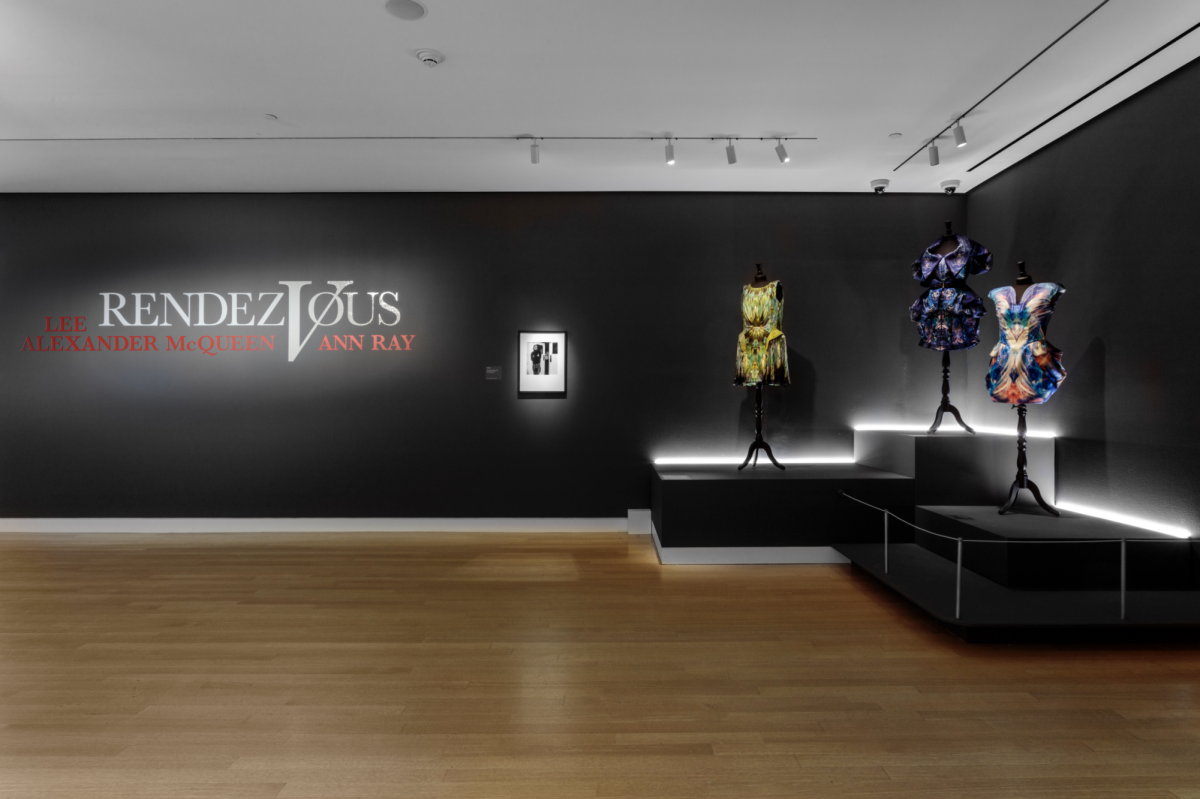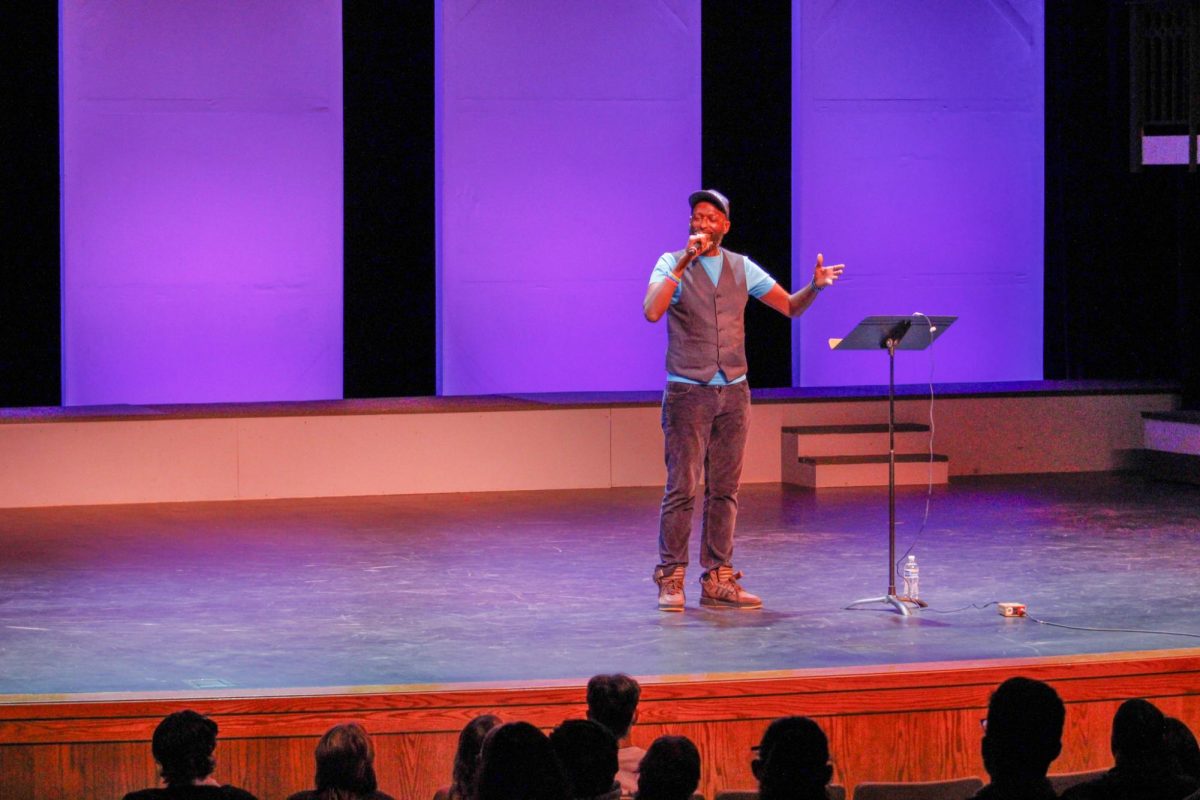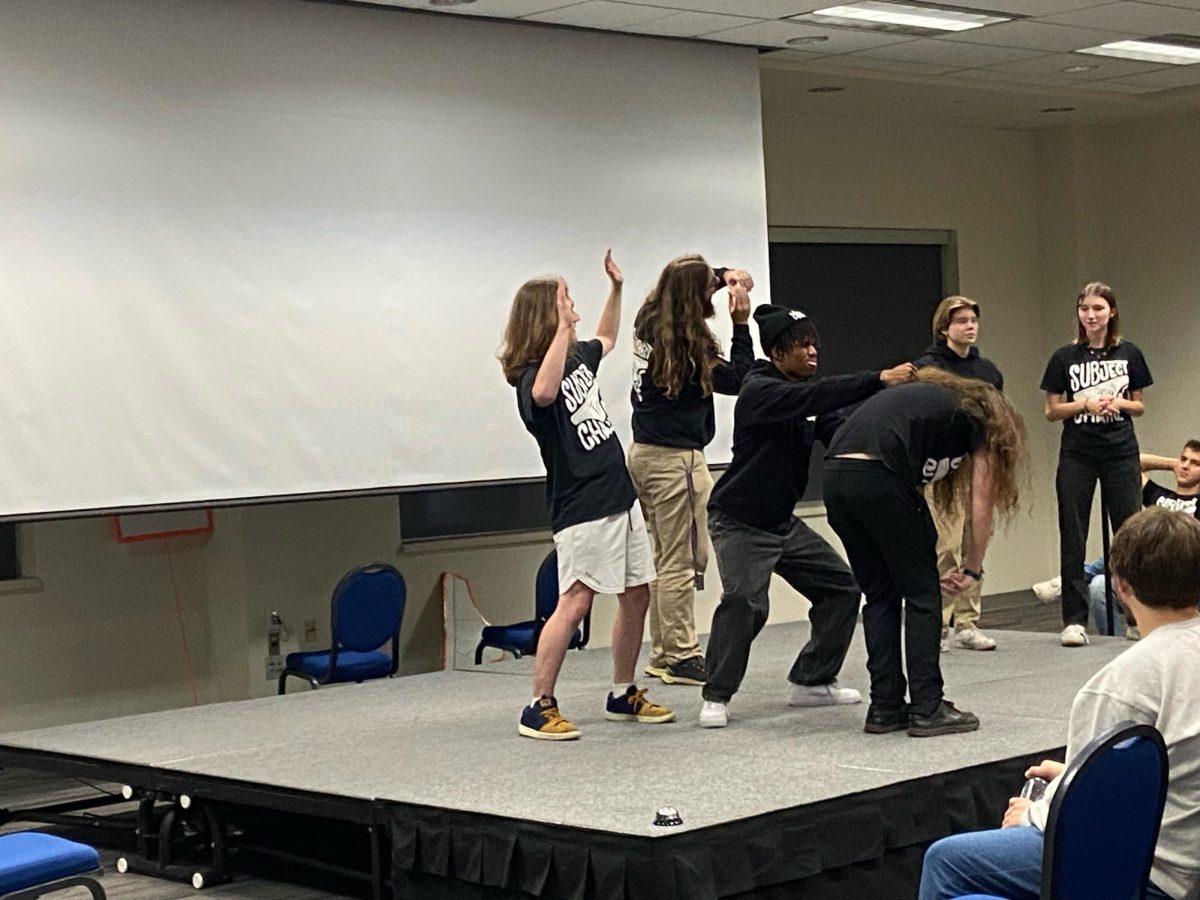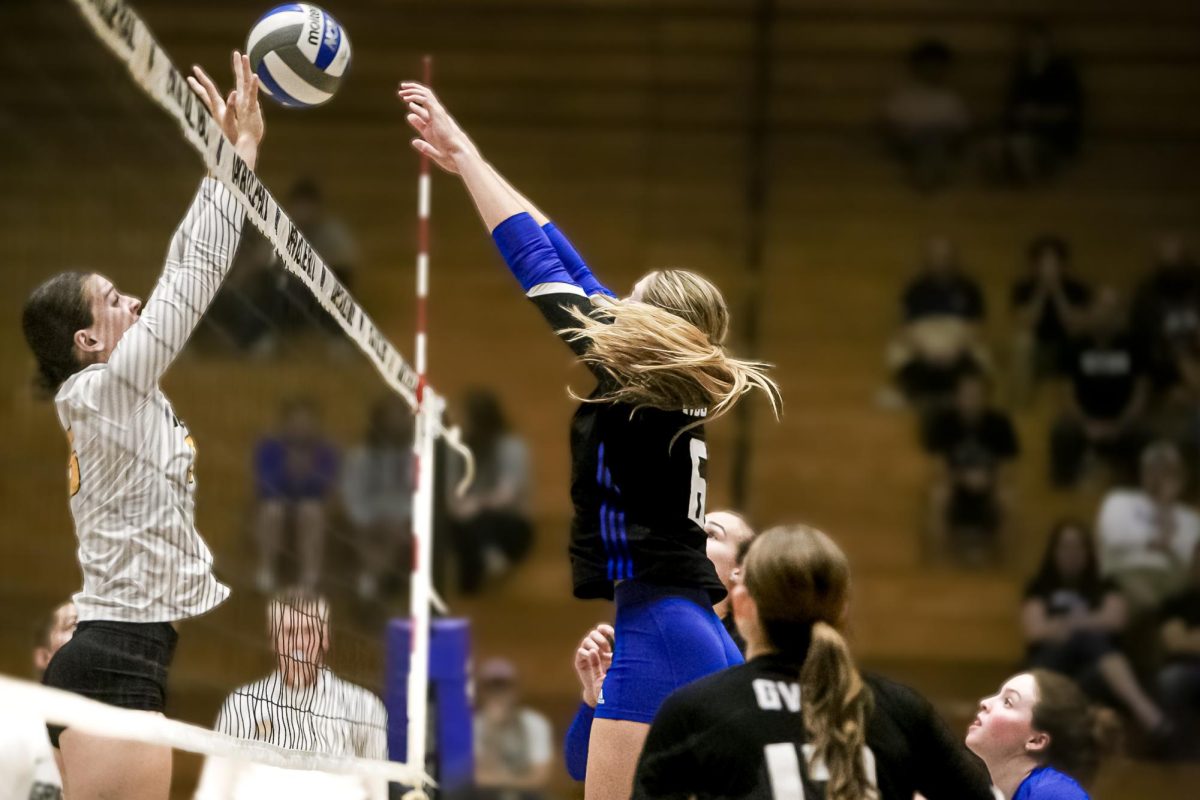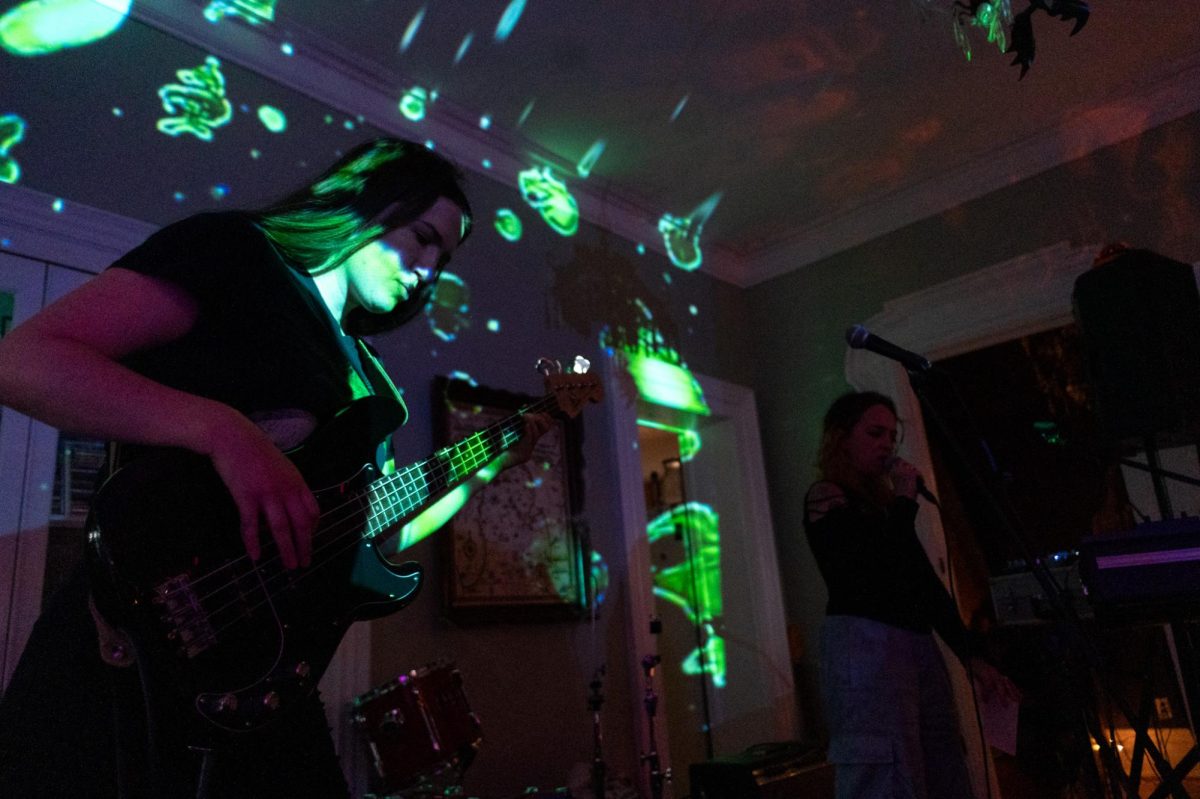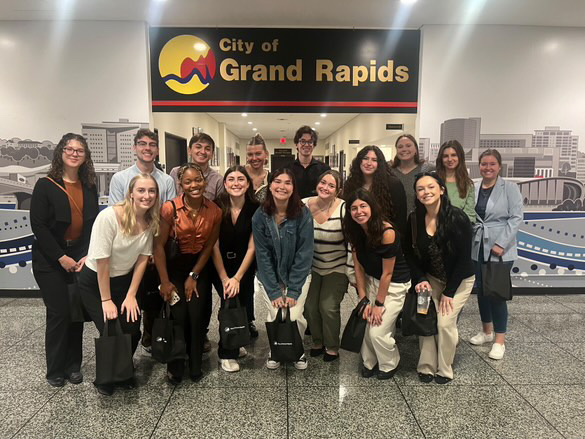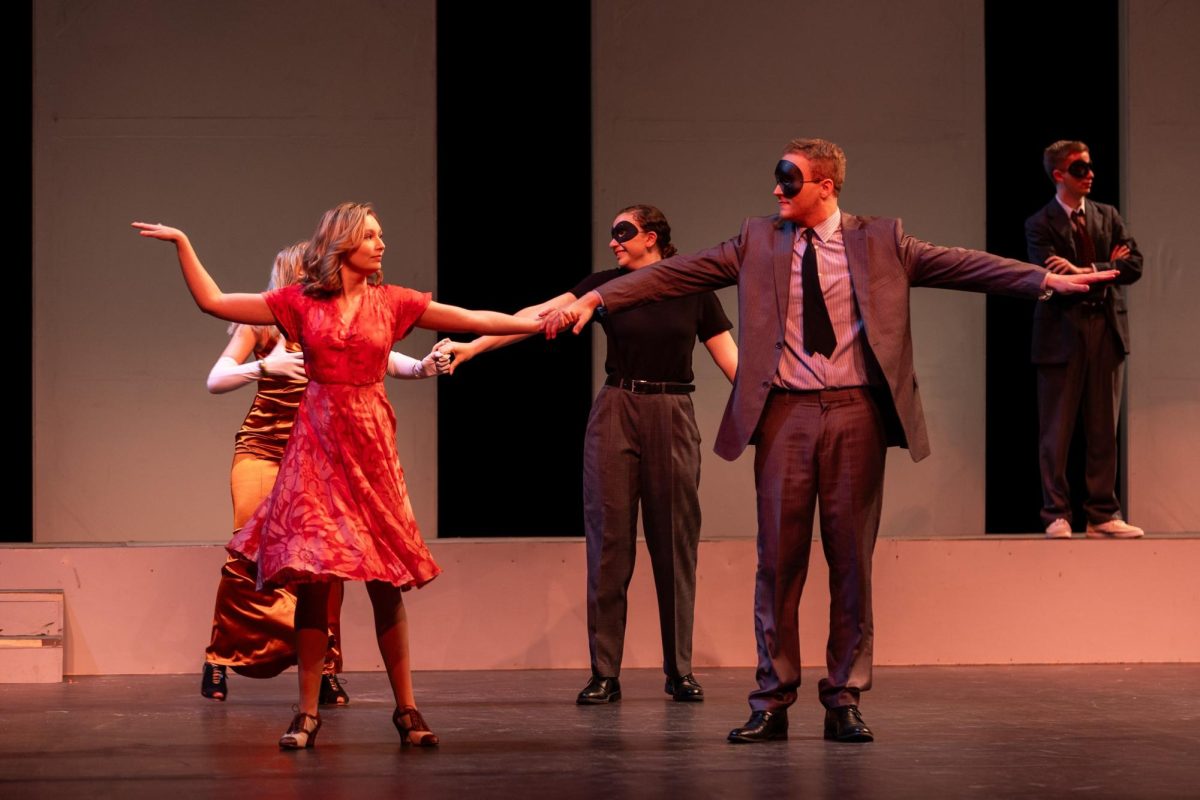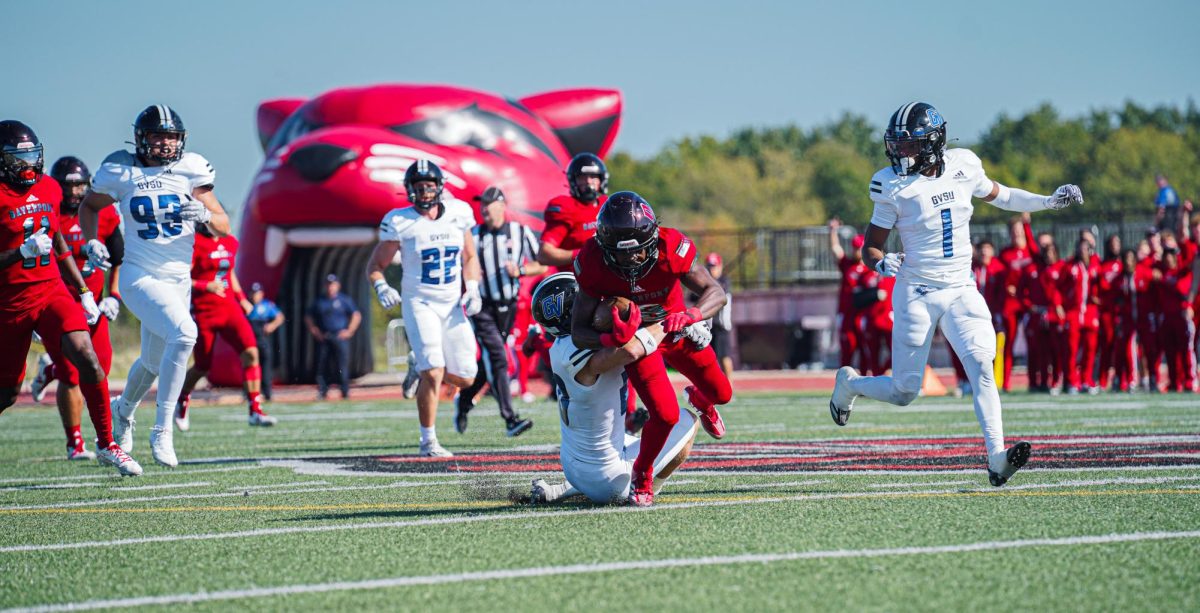How to approach introductions
Jan 15, 2015
First week, butterflies and dread feel synonymous with the utterance of the word “icebreakers.” Always expected, never accepted. Typical opening game repertories never omit the old memory circle, two truths and a lie or some awkward inclusion of your “life story”… Life story? I’m 19.
So many answers are on the backburner from past classes. We rack our brains for some remnant of those responses we know we voiced. But it’s empty! However well meaning they may be, whatever tradition they fulfill, as inevitable as these introductions are, so is the anxiety that drowns me.
One of my teachers put a creative twist on the intros this time around though. She simply asked, “What is your connection to language?”
I adore this new approach. It was vague enough where it allowed a spectrum but not as abstract as “Tell me about yourself.” It was clear enough to answer it but not as limiting or tedious as name, grade, major and all the other general identifiers. The best part was its relation to the subject. It was the perfect question for the class – Foundations of Language Study.
Language, communication, verbal and non-verbal interactions are such vital aspects of humanity. Vitality allowed nearly infinite interpretations. This added such a level of diversity to responses.
Some students felt a connection through formal study. Through visiting a foreign country. Or from the variations of pronunciation, names and dialects in their own country. Their love of reading and writing. Through volunteering with special needs children. Or even interacting with children still forming their oral abilities.
Some had experience in teaching immigrants English. Or learning English themselves as a second language. A few related to language through their cultural identity.
Then eyes were directed toward me. For the first time, I couldn’t think of what to say not because of blank space, but abundance. I write for the newspaper. Surprise, right? Books are a huge part of my life. I studied Italian for almost four years. Some American Sign Language classes. So many of my friends in high school were immigrants. My aunt and uncle are both linguistic professors. My roommate is from France. My employers are Hungarian and Chinese. My family is Polish. My major is English education. The list goes on.
I felt assured. I was like this is what it feels like to know. To know the subject is something of passion. When you can’t stop thinking about your relation to the material.
This novel tactic to the unavoidable, ancient ritual might be something to transfer to other fields. Mathematics: What was your experience with math in high school? Philosophy: What is a question you would like to explore? Biology: What biological occurrence are you curious about? A few examples.
Urging the students to reflect and expand on their current knowledge on the subject is a fantastic way in not only indirectly learning details about the student but also introducing the class. It rouses active participation. Sounds like a bright start to the semester.



